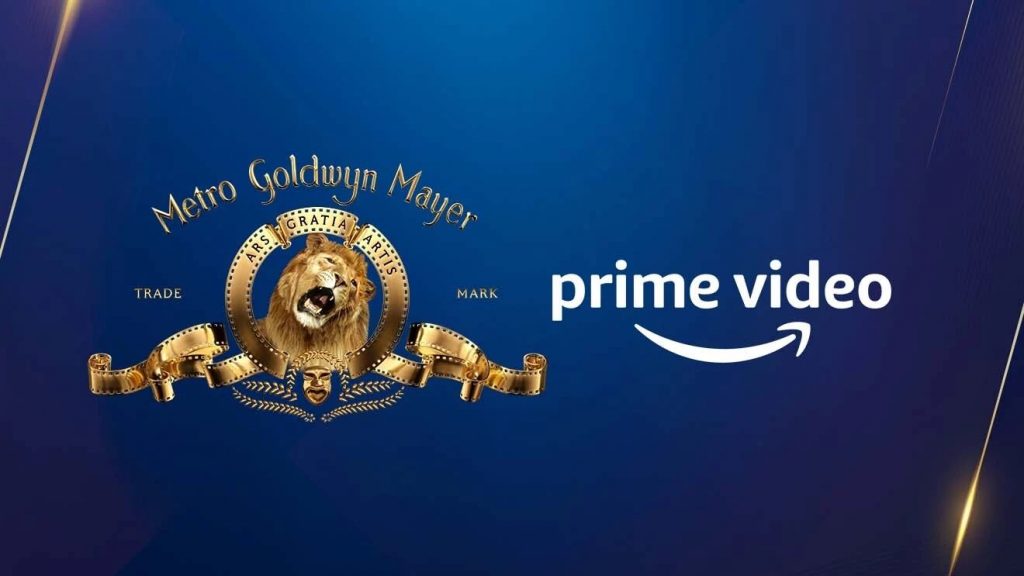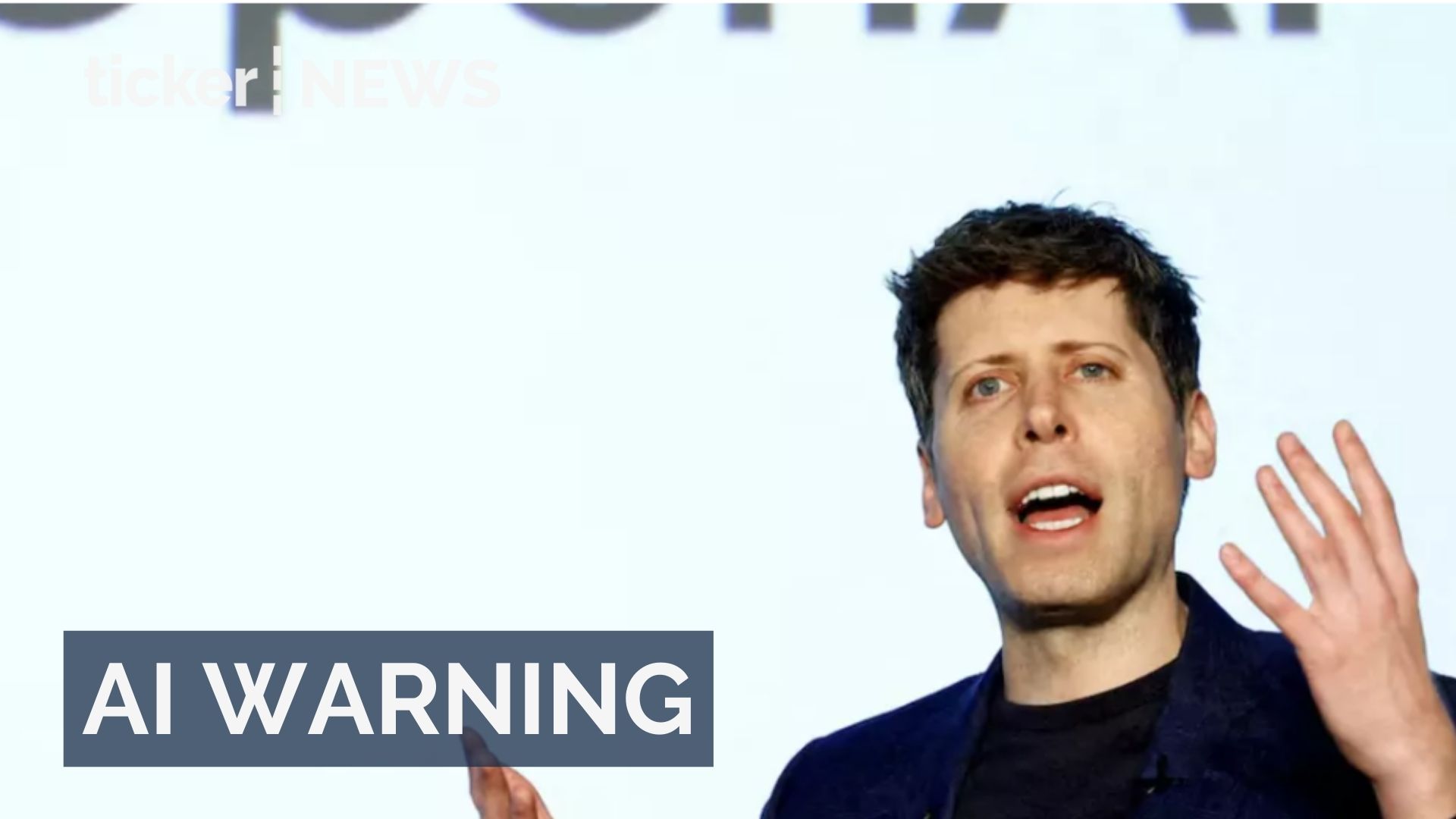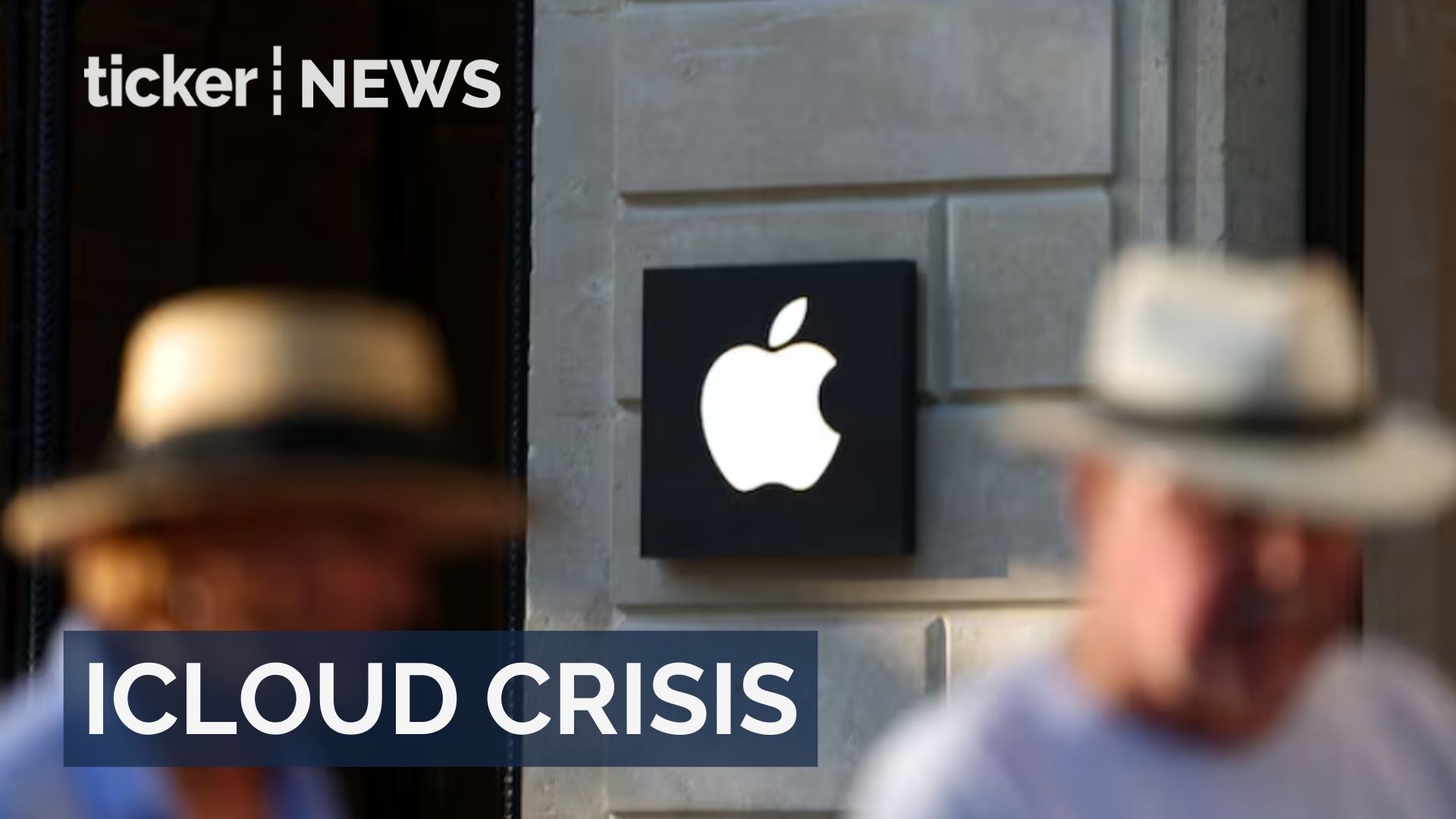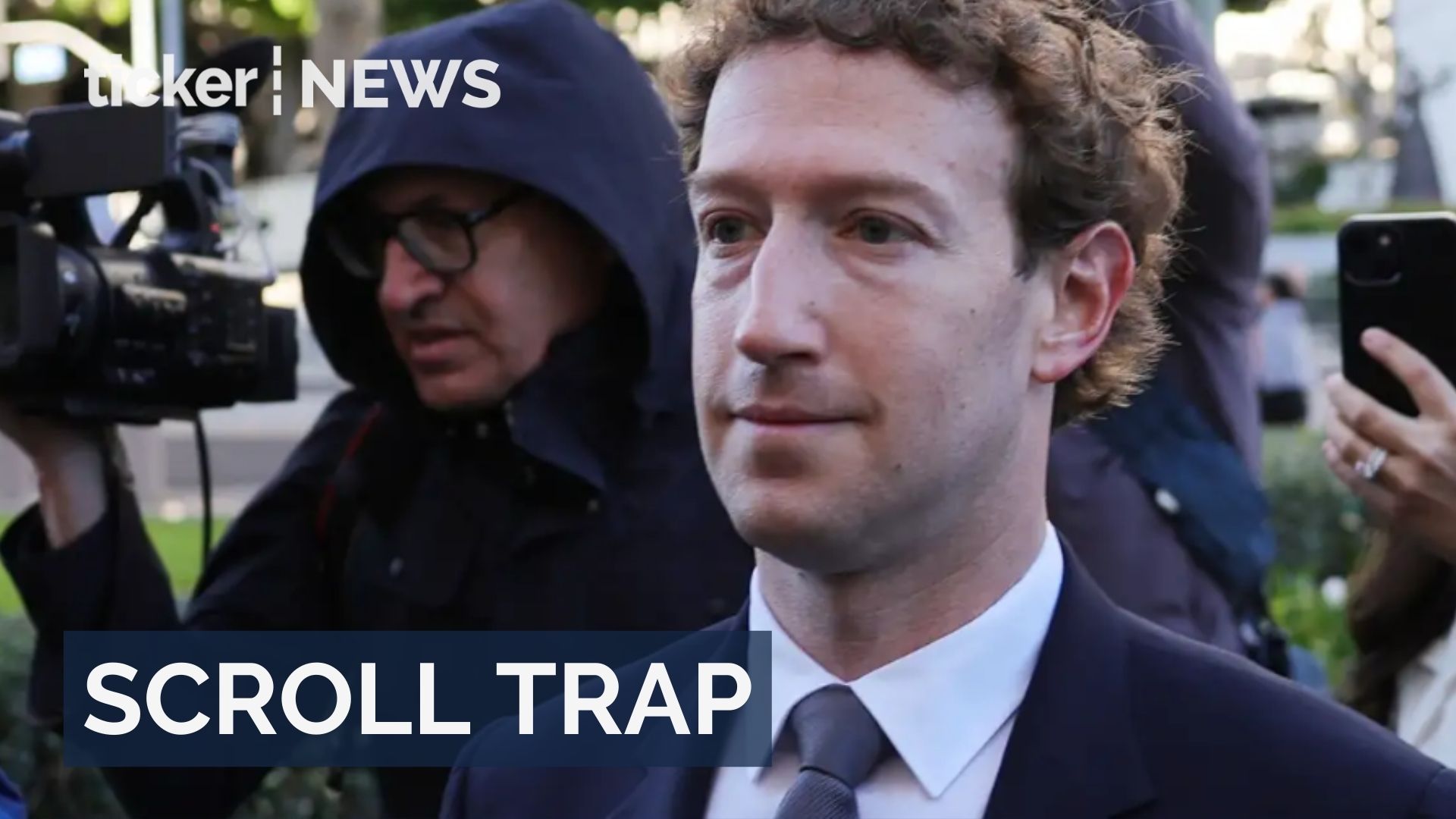Tech
James Bond meets Amazon in $8.5B merger to rival streaming giants
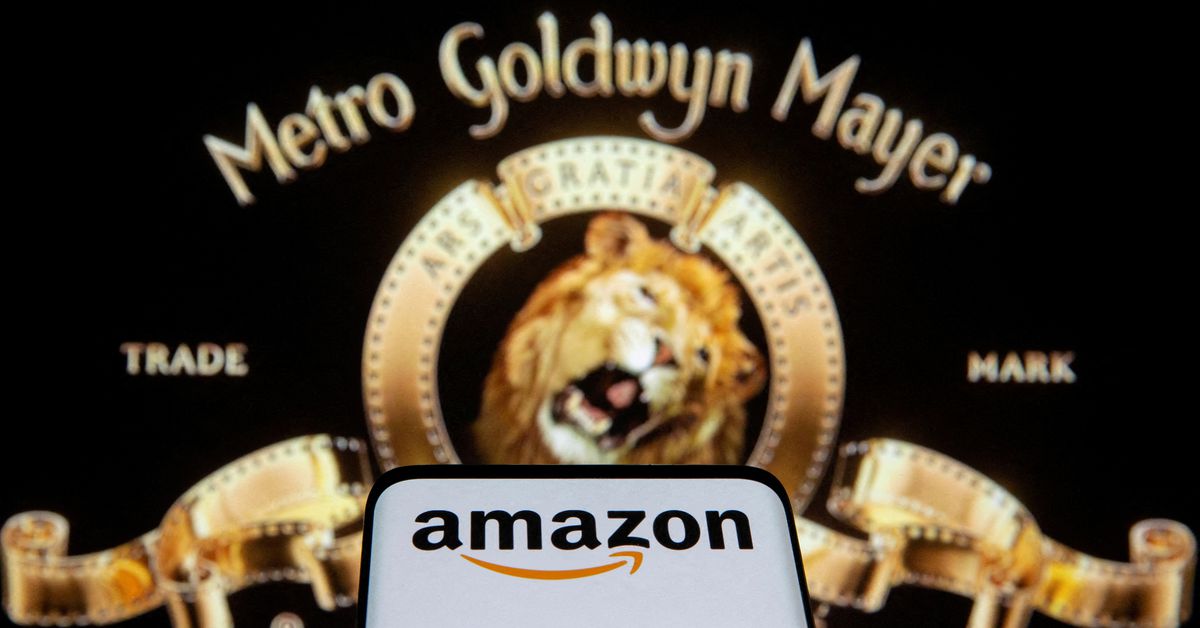
Tech
Sam Altman predicts superintelligence could appear by 2028
Sam Altman warns superintelligence may arise by 2028, advocating for global cooperation and a new governing body for AI.
Tech
Apple faces legal action as West Virginia sues over child safety
West Virginia AG John McCuskey sues Apple for failing to block child abuse material on iCloud and iOS devices.
Tech
Zuckerberg testifies on social media addiction and child safety
Meta CEO Mark Zuckerberg testifies in LA trial over claims that platforms are addictive and harmful to children.
-



 Shows4 days ago
Shows4 days agoReal estate insights: Technology changes and trust remain
-

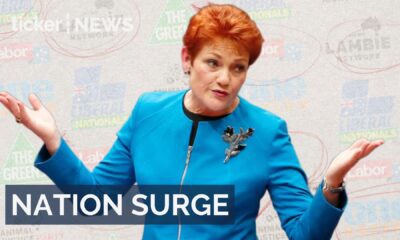

 News4 days ago
News4 days agoOne Nation matches coalition as Liberal backing slides
-



 Tech4 days ago
Tech4 days agoCrew-12 astronauts arrive at the International Space Station
-



 News1 day ago
News1 day agoUkraine Russia peace talks stall with no breakthrough
-



 Shows4 days ago
Shows4 days agoMedicinal Cannabis reform: Patient demand vs regulatory hurdles in Australia
-

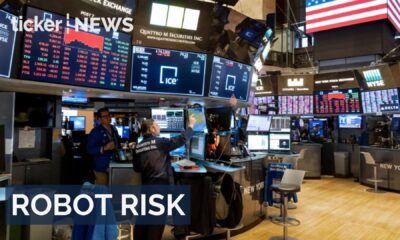

 Money4 days ago
Money4 days agoAI fears rattle global markets and investors
-



 Ticker Views4 days ago
Ticker Views4 days agoGlobal rallies show support for Iran as sanctions and tensions rise
-



 Ticker Views4 days ago
Ticker Views4 days agoTrump scraps key climate law, U.S. emissions regulation at risk



